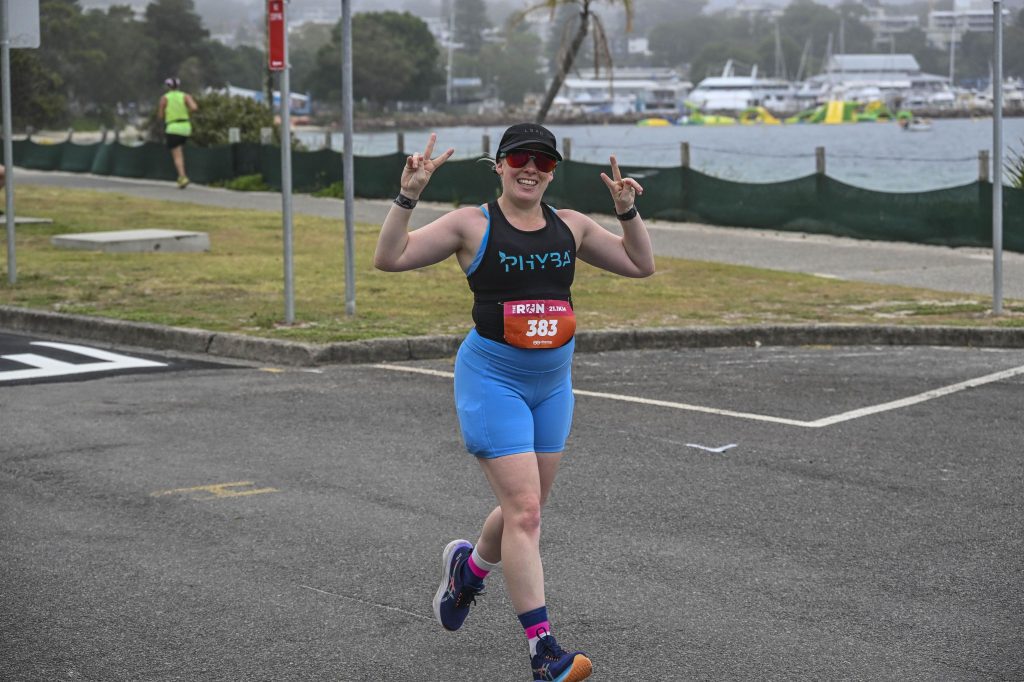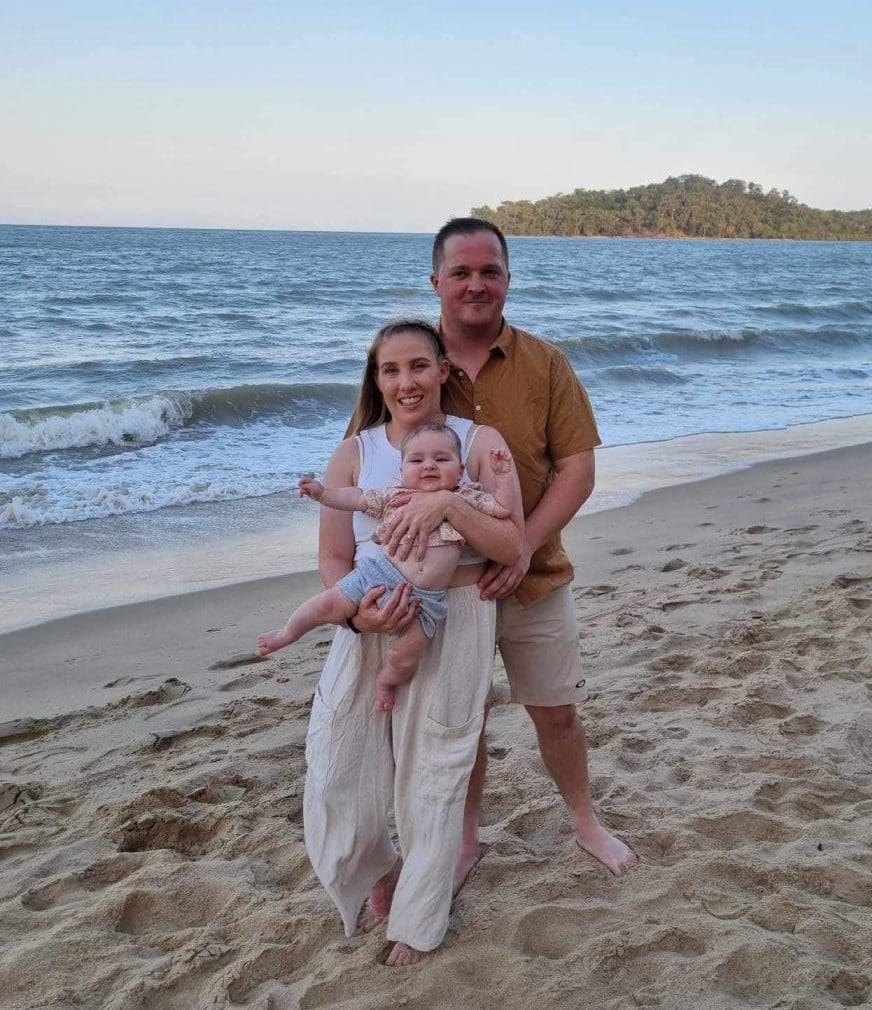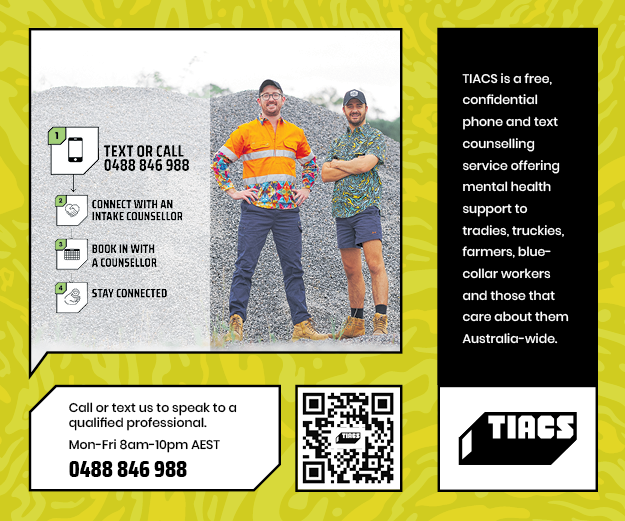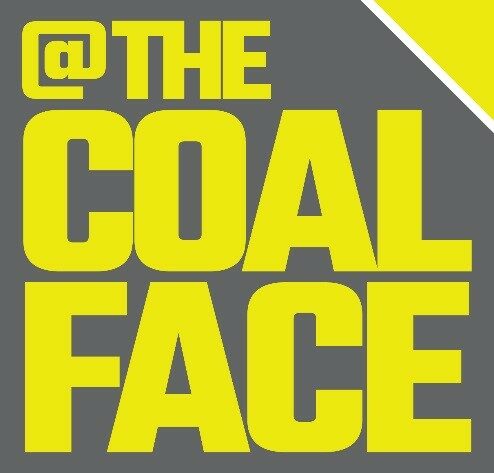About 50 per cent of new mothers experience the ‘baby blues’ in the first few weeks after giving birth, and 1 in 6 women will experience the longer-term postnatal depression. It is difficult to fathom that one of the happiest moments in a mother’s life can also be one of the saddest.
The childbearing years, especially in the first few weeks after childbirth, are the peak period for the onset of depression in women. 1 in 10 fathers also experience postnatal depression and for both mothers and fathers, it tends to sneak up on you when you least expect it.
Zoe Mawkes is a 32-year-old mum who gave birth to her first child Saxon on 17 April 2023.
Throughout the pregnancy Zoe was healthy and happy, staying fit at the gym and looking forward to bringing Saxon into the world.
“The c-section was cruisy,” shared Zoe. “You’re a bit scared waiting for that first scream but he was fine.
“It’s a moment you will never forget. It is the most surreal, best feeling in the world. I am not a very affectionate or emotional person, but I cried the whole time.”
Zoe, her fiancé Blake, and newborn Saxon went home 48 hours later.
Zoe had never had any mental health issues in the past so the ‘baby blues’ her friends mentioned didn’t really enter her mind.
“There’s the anxiety of being a first-time mum which is hard. You’ve got your little baby, but they don’t give you an instruction manual.
“The four-day blues are no joke. I was sitting, eating dinner, having a laugh, and talking to everyone and I just burst into tears and then I started laughing because I couldn’t understand why I was crying after the best thing in my entire life just happened.
“About three months after it all, I was crying every day. I couldn’t work out why I couldn’t get happier. Blake said to me ‘I think you need to go and see a doctor because you’re not yourself’.
“I went back to CrossFit which has always been my happy place, being around friends and training but I hated it. It was hard, I felt unfit, and I just absolutely hated it.
“I finally spoke to the GP, and I just broke down crying. I said this is not me, I’m crying every day.
That was when the doctor told Zoe she needed to go on medication.
“I didn’t want to go near them, I didn’t want to be living on something you can get an addiction to, but she did convince me it would make me feel better, so I started antidepressants and went to a postpartum psychologist. I had never been to a psychologist before, and I don’t like talking about myself.
“But she was so good. She made me realise that it’s not me or my mental health, it’s the hormone imbalance of having a baby.”
After spending time with the psychologist, Zoe was diagnosed with postpartum depression.
“It was a big shock to me at the start. I just felt like I shouldn’t have it because I should be having the best time of my life.
“It took me a long time after seeing the psychologist to come to terms with it being ok not to be ok and it still takes time every day.”
During one of the sessions with the psychologist, Zoe decided she needed to set herself a goal.
She decided to run a marathon.
“I thought maybe I’d bitten off more than I can chew, but I have committed now! I thought if I can have a baby and within a year do a full marathon, it shows my son that when you’re down you can pick yourself back up and I want to give awareness to postpartum depression.
“It’s not out there much, they just say the baby blues, but they don’t talk about it much like all the other mental health diseases.”
Zoe was still living with her mum when she started training. She would put her headphones in and just run which was good for her head, but then she had mum guilt for doing something for herself.
“I am still coming to terms with it being ok to do things for yourself and I want to encourage other women to take time for themselves – you need to look after yourself to be your better self to look after your kids.”
Zoe has now run a half marathon, 21 kilometres, and she beat the time she had set for herself.

“I planned to do it in two-and-a-half hours, and I did it in 2:14:10. It felt good.
“It gave me a good confidence boost. The days I didn’t want to train, the days I ran in the rain, the days that I had bad mental health, and I didn’t even want to get out of bed and be a mum, that hard work pays off.
“I want to have other women talk to me about depression. Now that I am starting to talk about my story, even over social media, I have had this huge relief, I feel so much better.
“At the start I was so ashamed to tell people I had post partem, that I had a mental illness. But once I started telling friends it made me feel a lot better, I just want to get the message out there that we should not be suffering in silence.”
Zoe will run the Gold Coast Marathon in July, championing women’s mental health and post partem depression. You can follow her journey on Instagram by following @marathonmummazo











